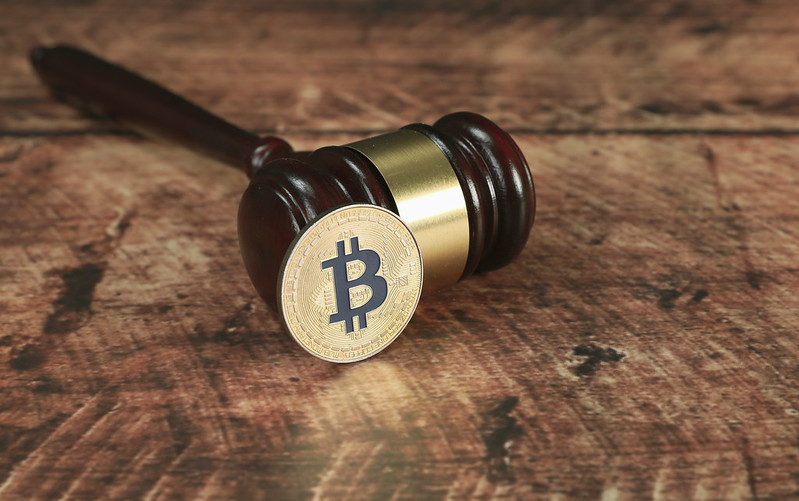
The recent Securities and Exchange Commission (SEC) lawsuits against Binance and Coinbase highlight the pressing need for clear regulation in the rapidly changing crypto industry, according to a research report by JPMorgan.
The SEC’s stance that most cryptocurrencies should be classified as securities, thus falling under its purview, has created an urgent need for a robust regulatory framework.
The responsibility division between the SEC and the Commodity Futures Trading Commission (CFTC) creates a significant challenge regarding cryptocurrencies. Although the SEC suggests qualifying most cryptocurrencies as securities, which ones fall under, this category remains vague.
The SEC and Ripple’s legal dispute showcases the ambiguity surrounding federal securities laws. Recently, Binance, Changpeng “CZ” Zhao (its founder/CEO), and Binance.US were sued by the SEC on similar grounds.
Following this, Coinbase faced similar legal maneuvers shortly after. These actions have put pressure on U.S. legislators to promptly develop a comprehensive regulatory framework for the industry.
The lack of a regulatory system could prompt the relocation of cryptocurrency activities from the U.S. to decentralized entities, potentially stunting growth and restricting access to crypto venture capital funding within the industry.
A Shift Towards Regulation
The SEC’s stance has significant implications. If lawmakers confirm the regulatory body’s position, U.S. exchanges such as Coinbase and Binance.US will be required to register as brokers, treating most cryptocurrencies as securities.
Although this could prove challenging and expensive for the industry, it may improve transparency and provide better safeguards for investors while ensuring compliance with regulations.
The Biden administration has recently unveiled a sweeping plan to regulate the crypto industry in the U.S. The framework proposes a “whole-of-government approach” to ensure consumer and investor protection, secure financial stability, combat illicit finance, and maintain U.S. dominance in global finance.
The suggested actions entail changes to the Bank Secrecy Act and other related laws that would explicitly include digital asset service providers such as NFT platforms and digital asset exchanges.
Furthermore, the President is contemplating encouraging Congress to heighten penalties for unlicensed money transmission and permit Department of Justice prosecution for digital asset crimes in any jurisdiction where a victim suffered from these offenses.
Looking Ahead
The ongoing legal challenges and potential regulations may have disrupted the industry’s equilibrium, but they have also paved the way for a more transparent and regulated market.
Despite possible obstacles and expenses, such changes could provide considerable advantages by strengthening investor protection and elevating the integrity of the marketplace.
Furthermore, the Biden administration’s plan mentions the possibility of a U.S. central bank digital currency, suggesting that a future digital version of the U.S. dollar may have potential advantages.
Related Reading | Crypto.com To Close US Institutional Exchange Amid SEC’s Crypto Crackdown
As regulatory developments continue to unfold, significant shifts are expected in the crypto industry. The aim of these changes is to create a more secure and transparent market that ultimately fosters investor confidence and drives industry growth.








